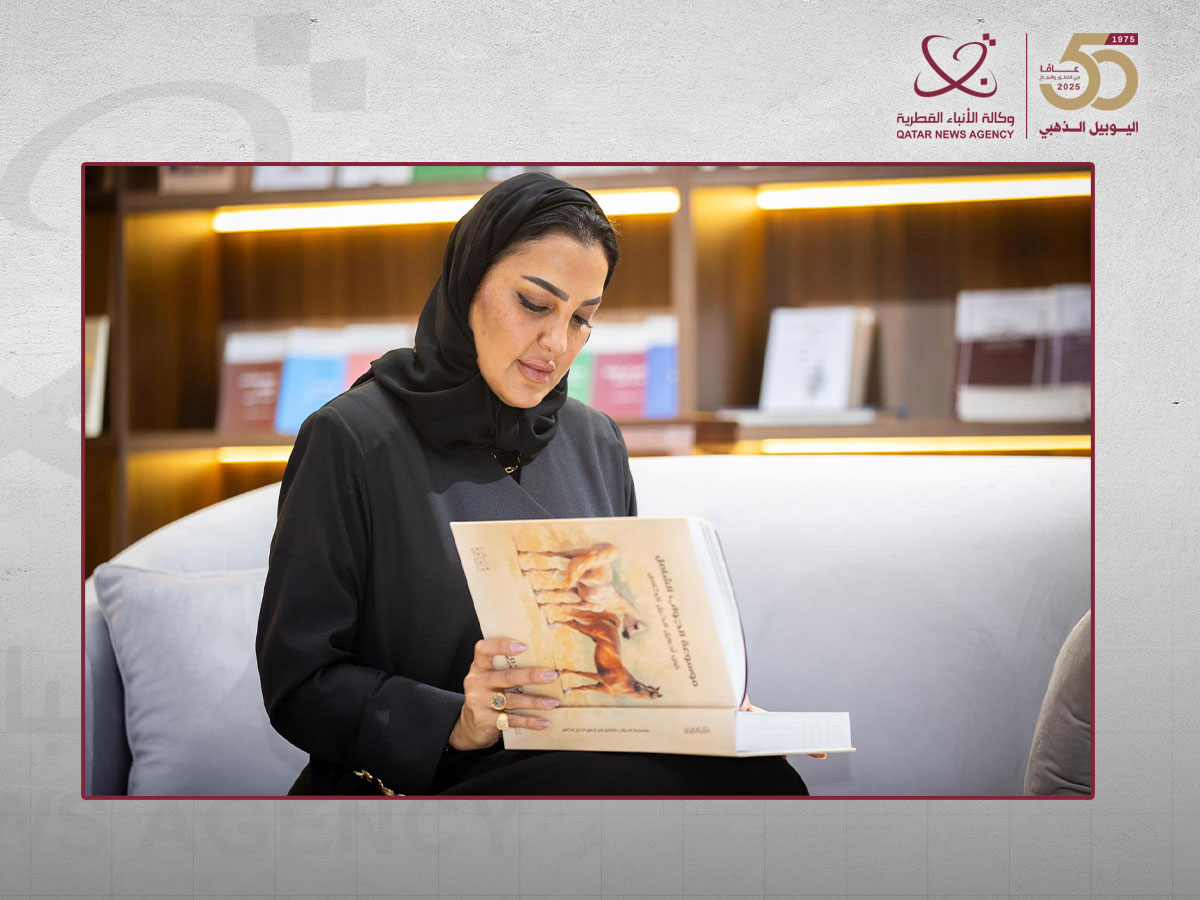Trust level in Scottish Government revealed as NHS satisfaction plummets to record low
Public satisfaction with the NHS in Scotland has plummeted to the lowest level since devolution, an annual social attitudes study has revealed. The latest Scottish Social Attitudes (SSA) survey, published by the Scottish Centre for Social Research, found just 22 per cent were satisfied with the health service - a level comparable with the rest of the UK. The findings highlight the lowest level of satisfaction and the highest perception of a decline in standards of the NHS since the annual survey began in 1999. The NHS is poised to be a key issue at next year’s Holyrood election. READ MORE: NHS is 'dying before our eyes', warns doctors' union The survey also revealed trust in the Scottish Government remained at the lowest level since 1999. Only 47 per cent of Scots trust the Scottish Government to work in Scotland’s best interests. This is the same level as 2023, but down from 61 per cent in 2019 and compared with 81 per cent when devolution began in 1999. The study found only 36 per cent believe the Scottish Government is good at listening to people before pressing ahead with decisions - one of the lowest results since 2006. The survey has found that in 2024, just over two in five adults in Scotland said they were living comfortably or managing financially. Around one in four reported they were struggling. Support for independence remains significantly higher than in the early years of devolution, now averaging close to half of the electorate. According to the survey, support for independence now stands at 47 per cent in 2024, up from just 27 per cent when devolution began in 1999. The vast majority of Scots continue to identify as Scottish, though the 74 per cent saying in 2024 that it was at least one of their identities is a reduction from 84 per cent who said so in 1999. Paul Bradshaw, director of the Scottish Centre for Social Research, said: "The Scottish Social Attitudes survey provides a unique and incredibly valuable time series for monitoring trends and understanding public attitudes, to help support and develop effective policies and identify government priorities. READ MORE: John Swinney: Scotland is reaching the limits of devolution, as final independence paper released “These latest results show a clear decline in trust in the Scottish Government, alongside continued concern about public services and the economy. “While Scots remain strongly attached to their Scottish identity, our data suggest that confidence in political institutions is under pressure, a finding that will be important for policymakers and the public alike." READ MORE: Scotland-England income tax gap causing difficulties for firms, says City of London Scottish Conservative deputy leader Rachael Hamilton said: “It’s no surprise that trust in John Swinney’s Government is at an all-time low after nearly two decades of abject SNP failure in every major policy area. “Struggling Scots can see that this Nationalist Government doesn’t listen to their concerns and instead focuses on fringe issues and obsessing over independence. “The SNP have imposed the highest taxes in the UK, while decimating frontline services. They have continually failed to meet their promises on everything from NHS waiting times to teacher numbers and housebuilding. “This is a damning verdict on a Government that has ignored the public and neglected its basic responsibilities.” Scottish Labour deputy leader Jackie Baillie said: “This damning survey shows this tired SNP Government has lost the trust of Scottish people and compromised the founding principles of our NHS. “It’s no wonder people are losing faith in this SNP Government when nearly one in six Scots are stuck on an NHS waiting list and basic services are becoming increasingly impossible to access. “This SNP Government is out of ideas and out of steam. But next year Scotland can choose a new direction and a better future with Scottish Labour.” Scottish Liberal Democrat MSP Willie Rennie said: “Satisfaction in John Swinney’s Government is the worst in the history of the Scottish Parliament and is even lower than Humza Yousaf’s. It’s time for a change.” In an extract from the report’s conclusion, co-authors Sophie Birtwistle and Sir John Curtice wrote: “So far as public opinion is concerned, devolution has not turned out in the way that either its advocates or its critics anticipated when the Scottish Parliament first met on July 1, 1999. “On the one hand, it has not resulted in any long-term marked decline in Scots’ willingness to acknowledge a British identity or in any marked divergence of attitudes and values between Scotland and England. “On the other hand, far from persuading Scots of the merits of being part of the UK, the decision to put the independence question to voters in 2014 occasioned a marked long-term increase in support for leaving the UK. “Yet, at the same time, although support for independence may now be higher, it is still a long way from looking like a ‘settled will’ in the way that, by 1999, the idea of Scotland having its own Parliament appeared to be.” Deputy First Minister Kate Forbes said: “I am pleased to see this survey’s recognition of a long-term increase in support for Scotland becoming an independent country. The fresh start of independence is crucial if we are to raise living standards, grow the economy, and shape a fairer, more prosperous future. “The data suggests that trust in the Scottish Government is on a level with governments elsewhere but we are determined to do more. “Much of this data was collected up to two years ago. Since then the Scottish Government has made considerable progress to deliver on the people of Scotland’s priorities – including abolishing peak rail fares, confirming plans to deliver winter heating support for pensioners and taking action to improve our NHS, including investing record funding of £21.7 billion for health and social care this year.”




